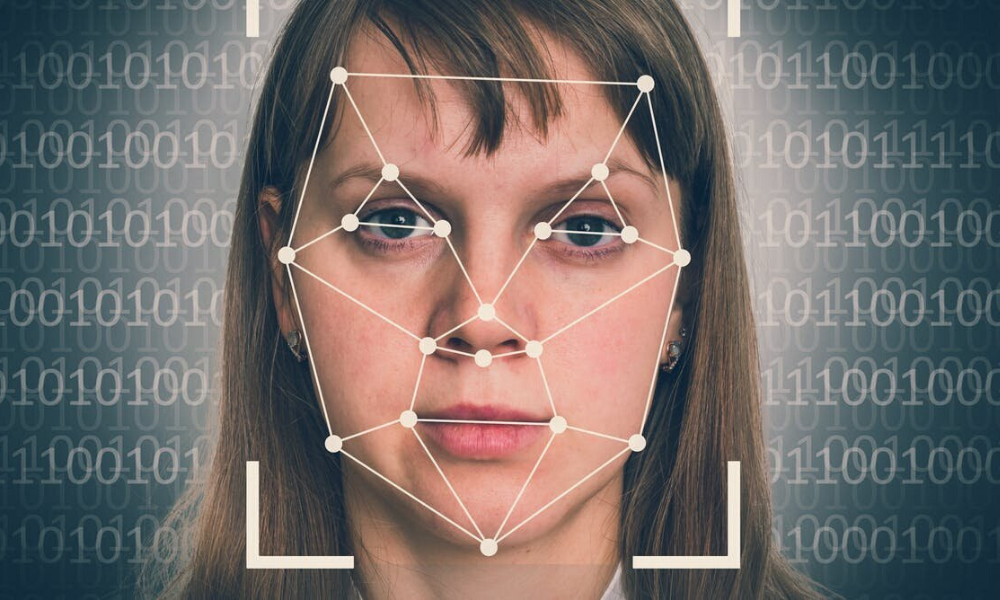What are Deepfakes?
Deepfakes refer to forged or fake videos created via deep learning, a form of artificial intelligence, where a person’s likeness, including their face and voice, can be realistically swapped with someone else’s.
Deepfake technology first appeared in November 2017 when an anonymous user on the social media platform Reddit posted an algorithm that leveraged existing artificial intelligence algorithms to create realistic fake videos. Other users then shared the code on GitHub, a major code sharing service, where it became free software and publicly available. Applications, like FakeApp, soon appeared simplifying the programming process.
Why are they a problem?
While deepfakes do have a number of beneficial uses, including political satire, comedy, entertainment, and education, a number of its associated dangers are severe, even existential threats. Since their introduction, deepfake technology has been utilized extensively to create fake pornographic videos using the likenesses of female celebrities, without consent.
With the technology improving and becoming more accessible, this disturbing trend has expanded outside of Hollywood and into lives of everyday Californians, with the most likely targets including the most vulnerable among us, such as survivors of abusive relationships and minors. Victims are left with emotional trauma, severe mental anguish, and reputational damage.
Anti-Deepfake Legislation
The Organization for Social Media Safety has sponsored AB 1280 in the California State Assembly which will deter the production of deepfakes that misappropriate identities for pornographic videos by creating criminal liability for those that create and distribute deepfakes for these purposes.

